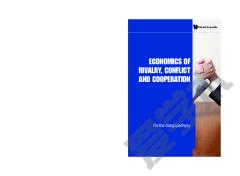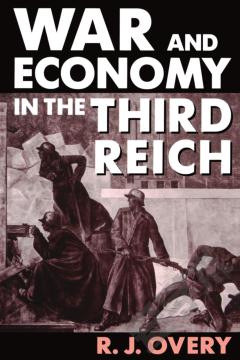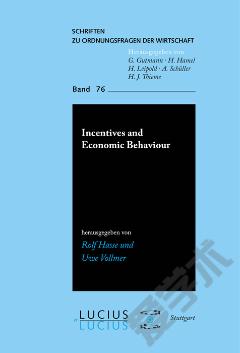Economic Interdependence and War
Does growing economic interdependence among great powers increase or decrease the chance of conflict and war? liberals argue that the benefits of trade give states an incentive to stay peaceful. Realists contend that trade compels states to struggle for vital raw materials and markets. Moving beyond the stale liberal-realist debate, economic interdependence and war lays out a dynamic theory of expectations that shows under what specific conditions interstate commerce will reduce or heighten the risk of conflict between nations. Taking a broad look at cases spanning two centuries, from the napoleonic and crimean wars to the more recent cold war crises, dale copeland demonstrates that when leaders have positive expectations of the future trade environment, they want to remain at peace in order to secure the economic benefits that enhance long-term power.
{{comment.content}}








 京公网安备 11010802027623号
京公网安备 11010802027623号